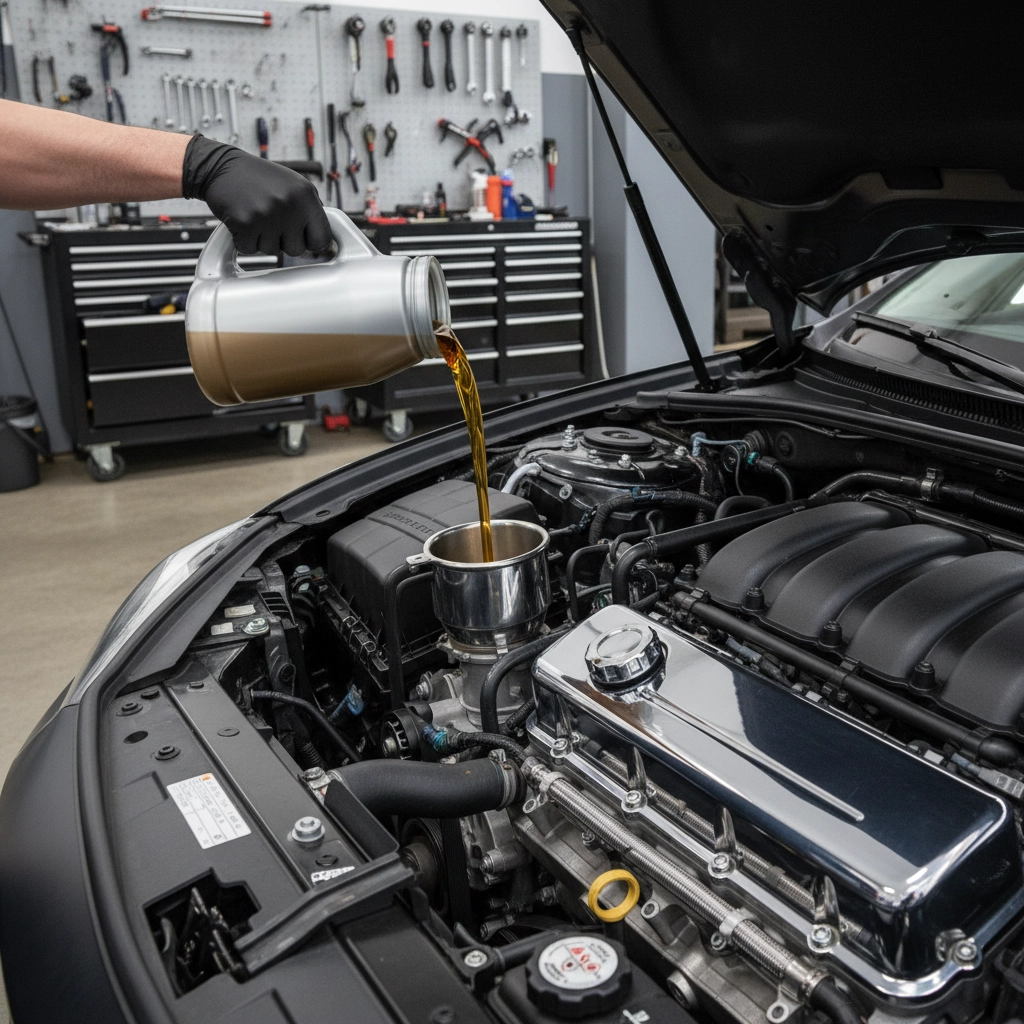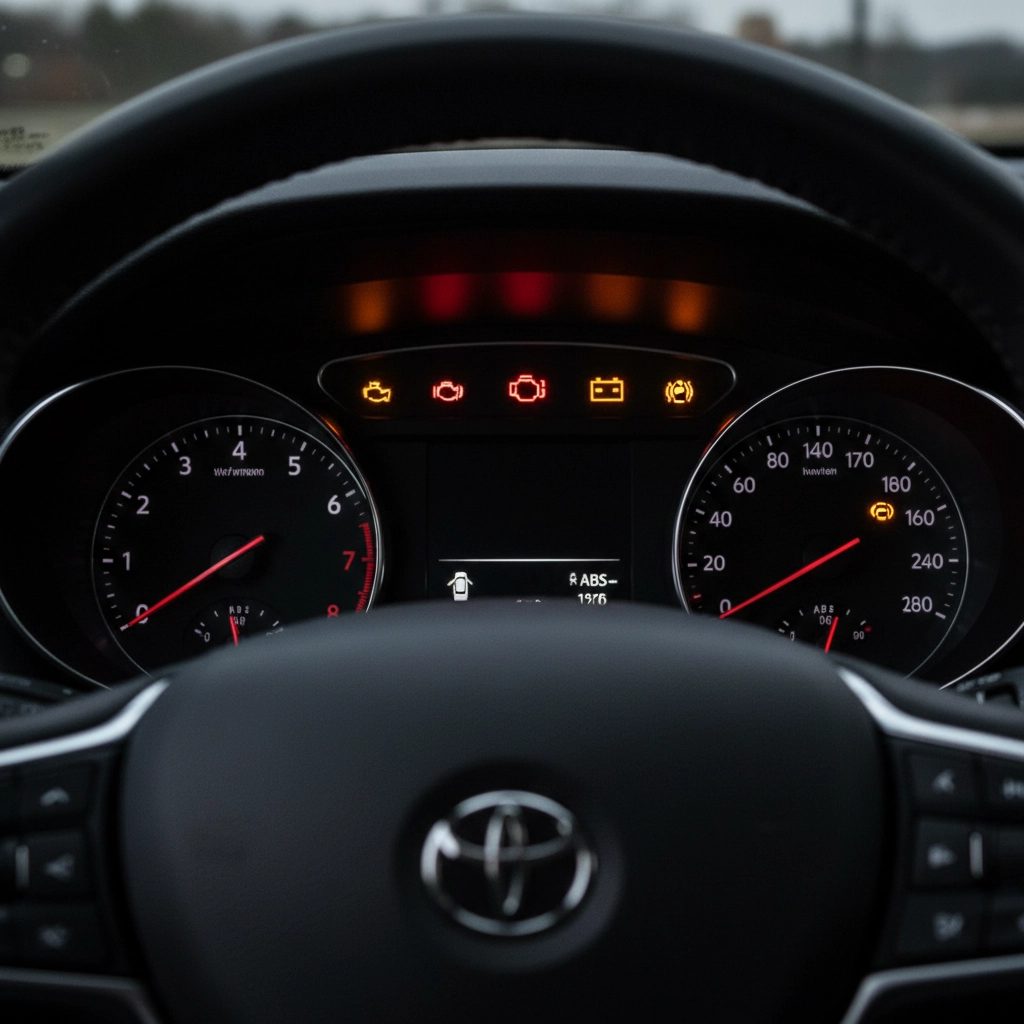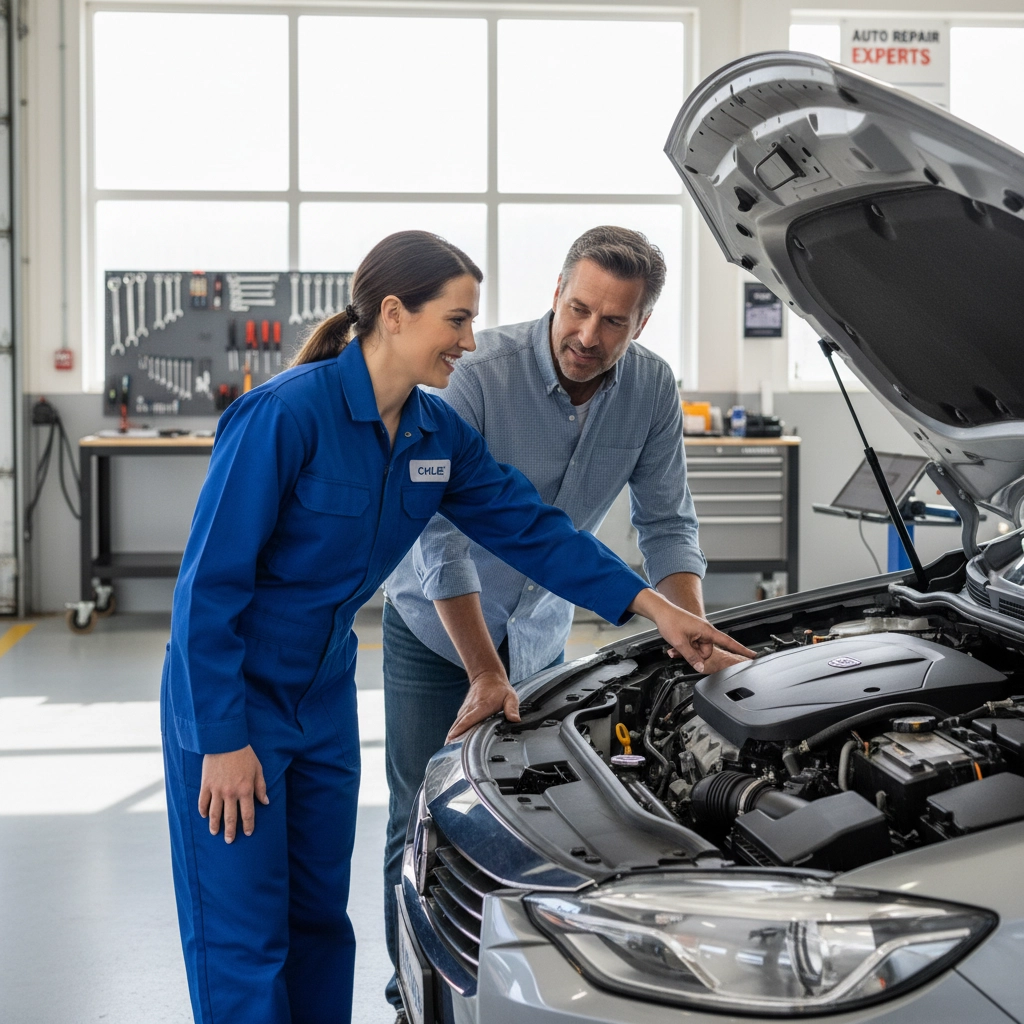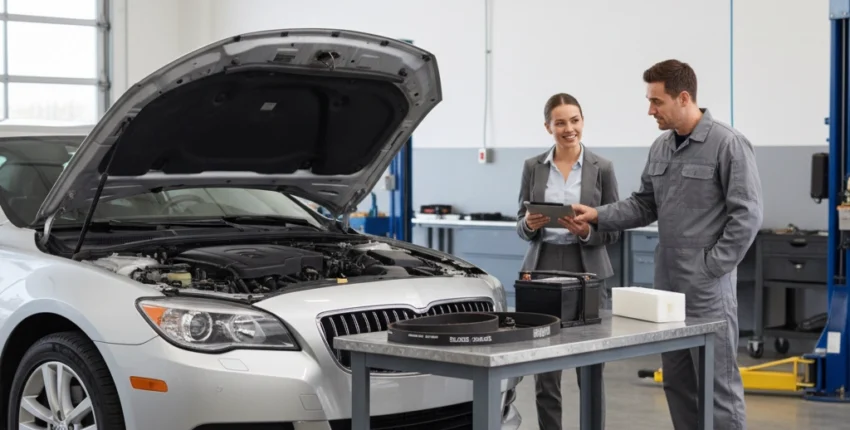Let's be honest: car maintenance can feel overwhelming, expensive, and frankly, like something you'd rather put off until tomorrow. But here's the thing: those small "I'll deal with it later" decisions are probably costing you way more than you think. At Hillside Auto Clinic, we've seen these same seven mistakes over and over again, and they're absolutely preventable.
The good news? Once you know what to look for, you can save yourself thousands of dollars and countless headaches. And if you're worried about the upfront costs of proper maintenance, there are financing options that can help spread out expenses: though we'll talk about choosing those wisely.
Mistake #1: Skipping Regular Oil Changes
This one's the granddaddy of all maintenance mistakes. Your engine oil doesn't just lubricate: it's literally the lifeblood of your car. When you push those oil change intervals too far, the oil breaks down into a thick, gunky sludge that clogs up your engine's vital parts.
We've seen engines completely seized up because someone thought they could stretch that 3,000-mile oil change to 8,000 miles. A $40 oil change suddenly becomes a $4,000 engine replacement. Not exactly a fair trade, right?
The fix: Stick to your manufacturer's recommended oil change schedule. Most modern cars can go 5,000-7,500 miles between changes, but when in doubt, err on the side of caution. Your wallet will thank you later.

Mistake #2: Ignoring All Those Other Fluids
Oil gets all the attention, but your car has several other fluids that keep everything running smoothly. Brake fluid, power steering fluid, transmission fluid, and coolant all have important jobs to do. Neglect them, and you're looking at some seriously expensive repairs.
We've had customers come in with failed transmissions because they never changed their transmission fluid. That's a $3,000+ repair that could've been prevented with a $150 service.
The fix: Check your owner's manual for fluid service intervals and stick to them. Most fluids should be inspected annually and replaced every 2-3 years, but your specific vehicle might have different requirements.
Mistake #3: Treating Tires Like They're Indestructible
Your tires are the only thing between you and the road, yet they're often the most neglected part of car maintenance. Skipping tire rotations, ignoring pressure checks, and running tires until they're completely bald isn't just expensive: it's dangerous.
Uneven tire wear from skipped rotations means you'll need to replace tires sooner and in sets rather than individually. Plus, worn tires increase your risk of blowouts and accidents.
The fix: Rotate your tires every 5,000-8,000 miles, check tire pressure monthly, and replace tires when tread depth reaches 2/32 of an inch. A penny test works great: if you can see Lincoln's entire head, it's time for new tires.
Mistake #4: Living with Terrible Windshield Wipers
This seems like such a small thing, but driving with worn-out wipers is like trying to see through a dirty window during a rainstorm. Streaky, chattering wipers don't just limit visibility: they can scratch your windshield, leading to expensive glass replacement.
The fix: Replace your wipers every 6-12 months, or as soon as you notice streaking or chattering. It's a $20-30 fix that could prevent a $300+ windshield replacement.

Mistake #5: Playing Dashboard Warning Light Roulette
That check engine light isn't just a suggestion: it's your car's way of screaming for help. Yet we constantly see people driving around with multiple warning lights illuminated, hoping they'll magically go away.
Here's what happens when you ignore warning lights: small problems become big problems. A minor oxygen sensor issue becomes catalytic converter failure. A low coolant warning becomes engine overheating and head gasket replacement.
The fix: Get warning lights diagnosed promptly. Modern diagnostic services can pinpoint issues before they become major repairs. What might be a $100 fix today could be a $1,000 repair next month.
Mistake #6: Playing Silent Treatment with Your Mechanic
Communication breakdowns between you and your mechanic can be costly. If you don't explain that weird noise that happens when you turn left, or that the car hesitates when accelerating from a stop, your mechanic might miss important clues about developing problems.
The fix: Be specific about symptoms. When did they start? What conditions trigger them? What does it sound/feel like? The more information you provide, the faster and more accurately your mechanic can diagnose issues. This saves you money on unnecessary diagnostic time and prevents misdiagnosis.

Mistake #7: DIY Disasters
We're all for basic maintenance like checking fluids and changing air filters. But attempting complex repairs without proper knowledge and tools often makes problems worse. We've seen simple oil changes turn into expensive engine repairs because someone forgot to tighten the oil filter properly.
The fix: Know your limits. Basic maintenance is great, but leave complex repairs to professionals. The money you save on labor isn't worth it if you cause additional damage.
Smart Financing for Necessary Repairs
Now, let's talk about the elephant in the room: paying for all this maintenance and the occasional major repair. Nobody likes unexpected car expenses, but ignoring problems because you can't afford fixes right now only makes things more expensive later.
If you're facing a major repair and need financing options, here's our honest advice: be extremely careful about high-interest financing. Some auto repair financing options can end up costing you nearly double the original repair amount over time. These loans often don't even help build your credit score, so you're not getting any long-term benefit from the higher costs.
Better alternatives:
- Build an emergency fund specifically for car repairs: even $50 a month adds up
- Ask your mechanic about payment plans
- Consider a low-interest personal loan from your bank or credit union
- Use a low-interest credit card only if you can pay it off quickly
The absolute best financial strategy? Preventive maintenance. Spending $500 annually on proper maintenance beats spending $3,000 on emergency repairs every single time.
The Bottom Line
These seven mistakes are costing you money right now. Every skipped oil change, every ignored warning light, every "I'll deal with it later" decision is adding up to bigger problems and bigger bills.
At Hillside Auto Clinic, we believe in honest, transparent service that helps you avoid these costly mistakes. We'd rather see you for regular maintenance than emergency repairs: it's better for your wallet and your peace of mind.
Our comprehensive automotive services are designed to catch problems early and keep your car running reliably. From routine oil changes to complex diagnostic work, we've got Lomita drivers covered.
Don't wait until that weird noise becomes a major breakdown. Contact us today to schedule a maintenance check and start breaking these expensive habits. Your car: and your bank account: will thank you.
Remember, the best car repair is the one you never need to make because you prevented the problem in the first place.

